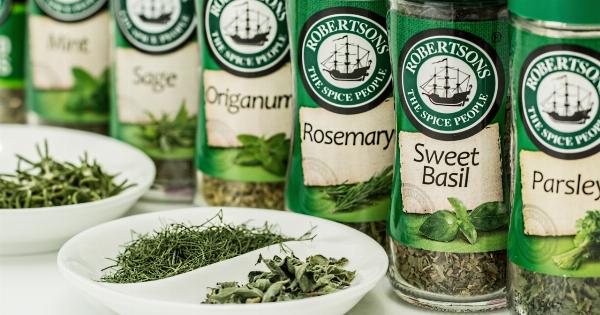Our kidneys play a crucial role in filtering waste products and excess fluids from our blood, helping to maintain proper balance in our bodies.
However, various factors such as genetic predisposition, high blood pressure, diabetes, and unhealthy lifestyle choices can put stress on these vital organs and increase the risk of kidney disease. While medical treatments and interventions are important, adopting a kidney-healthy diet can significantly contribute to protecting and maintaining the health of our kidneys.
In this article, we will discuss the key aspects of a diet that promotes kidney health and explore some kidney-friendly foods that you can incorporate into your meals.
Understanding the Key Components of a Kidney-Healthy Diet
A kidney-healthy diet mainly focuses on controlling the intake of sodium, protein, and phosphorus while ensuring adequate hydration. Here are some key guidelines to keep in mind:.
1. Limit Sodium Intake
Reducing the amount of sodium in your diet helps to lower blood pressure and minimize fluid retention, thereby easing the burden on your kidneys.
Aim to consume less than 2,300 milligrams (mg) of sodium per day, which is equal to about one teaspoon of salt.
2. Moderate Protein Consumption
While protein is essential for building and repairing tissues, excessive consumption can strain the kidneys. For individuals with kidney disease, it is recommended to limit protein intake.
Consult with a healthcare professional or a dietitian to determine the ideal amount of protein needed for your specific condition.
3. Monitor Phosphorus Intake
High levels of phosphorus can be harmful to individuals with kidney disease. It is important to limit the consumption of phosphorus-rich foods such as dairy products, processed meats, and carbonated beverages.
Reading food labels and making informed choices can help you control your phosphorus intake.
4. Stay Hydrated
Drinking an adequate amount of fluid helps to flush out waste products and toxins from your body. Water is usually the best choice, but consult with your healthcare professional to determine the right amount of fluids for your individual needs.
Incorporating Kidney-Friendly Foods into Your Diet
Now that we have discussed the general guidelines to protect your kidneys, let’s take a closer look at some foods that are beneficial for kidney health:.
1. Berries
Rich in antioxidants, berries such as blueberries, strawberries, and raspberries help to reduce inflammation and oxidative stress, promoting overall kidney health.
2. Garlic
Garlic possesses anti-inflammatory and anti-microbial properties, and it may help reduce the risk of kidney disease and slow the progression of existing kidney damage.
3. Olive Oil
Replacing unhealthy fats with olive oil can support kidney health. Olive oil contains monounsaturated fats that have been shown to reduce inflammation and improve overall heart and kidney health.
4. Fish
Certain types of fish, such as salmon and tuna, are rich in omega-3 fatty acids, which have been associated with a lower risk of kidney disease. Including fish in your diet a few times a week can be beneficial for your kidneys.
5. Cauliflower
Cauliflower is a kidney-friendly vegetable as it is low in potassium and phosphorus. It can be an excellent substitute for higher phosphorus foods, such as potatoes or beans, in your meals.
6. Red Bell Peppers
Red bell peppers contain a high amount of vitamins A and C and are low in potassium, making them a great addition to a kidney-friendly diet. They can be included in salads, stir-fries, or as a crunchy snack.
7. Cranberries
Cranberries are known to help fight urinary tract infections. They also have antioxidant properties, which contribute to kidney health. Opt for unsweetened cranberry juice or add fresh cranberries to your meals.
8. Egg Whites
Egg whites are an excellent source of high-quality protein while being low in phosphorus. If you have kidney disease, incorporating egg whites into your diet can be a healthier alternative to whole eggs.
9. Apples
Apples are high in fiber and contain antioxidants that promote kidney health. Their natural sweetness can also help satisfy dessert cravings in a healthier way.
10. Cabbage
Cabbage is low in potassium and is packed with phytochemicals that help to maintain healthy kidney function. Adding cabbage to your meals in the form of coleslaw or stir-fries can be a nutritious choice.
Remember, a kidney-healthy diet should be personalized according to your individual needs and medical conditions.
It is always advisable to consult with a healthcare professional or a registered dietitian to create a diet plan that is best suited for you.































